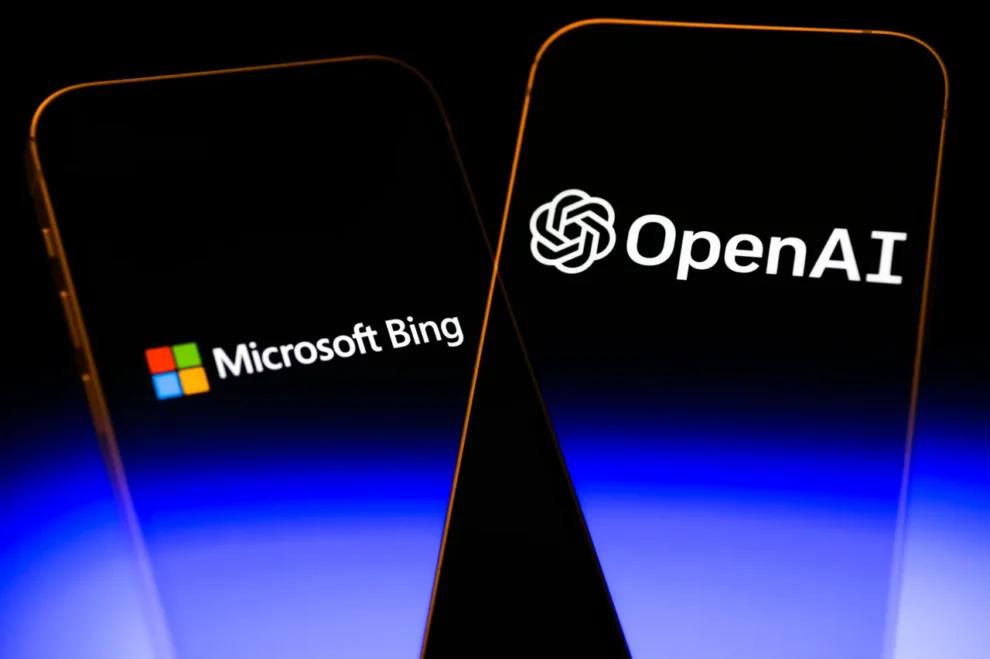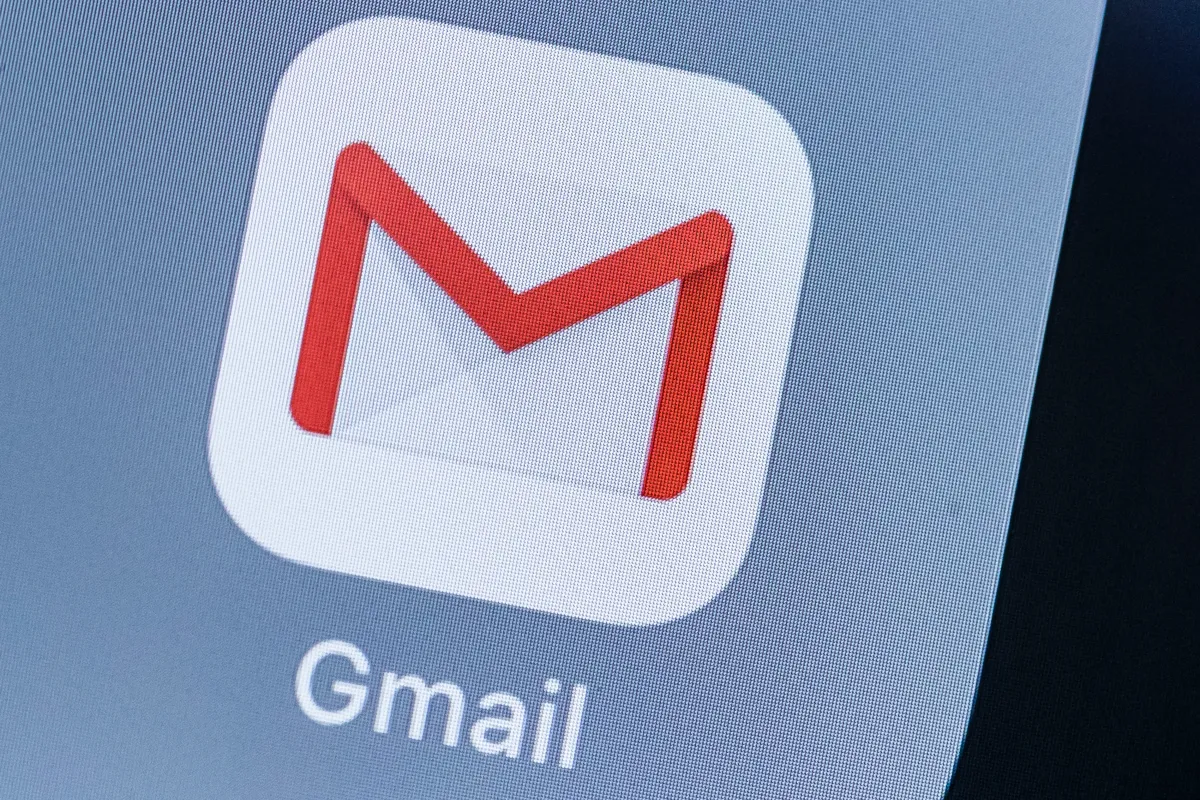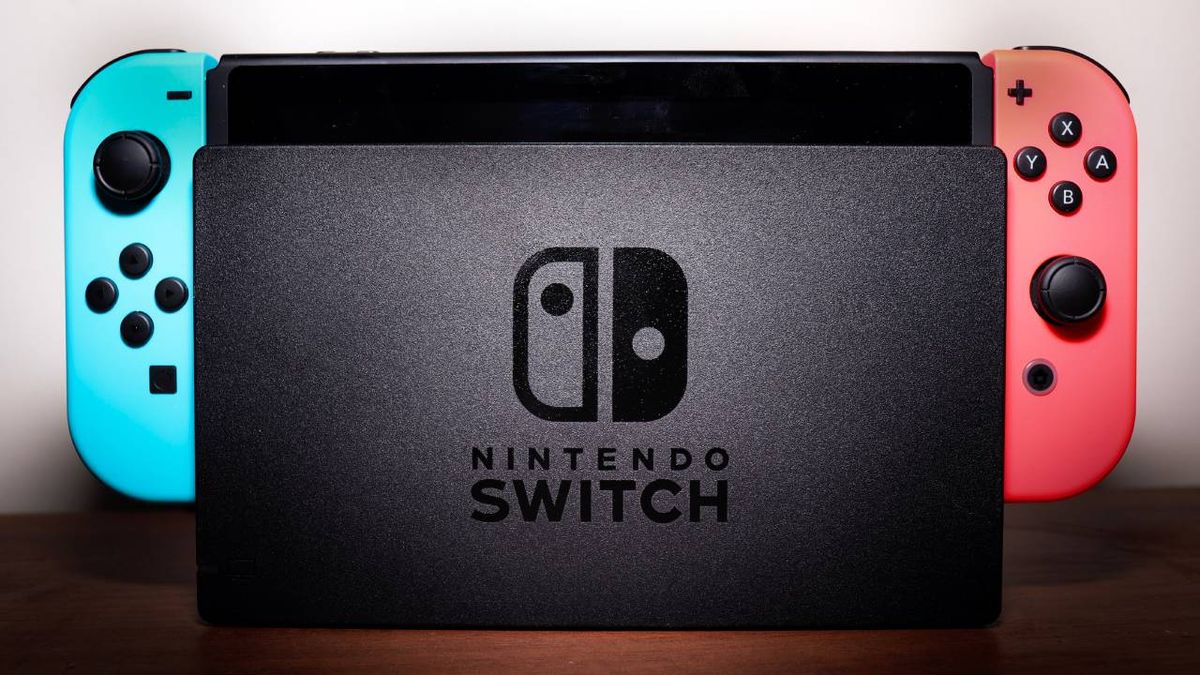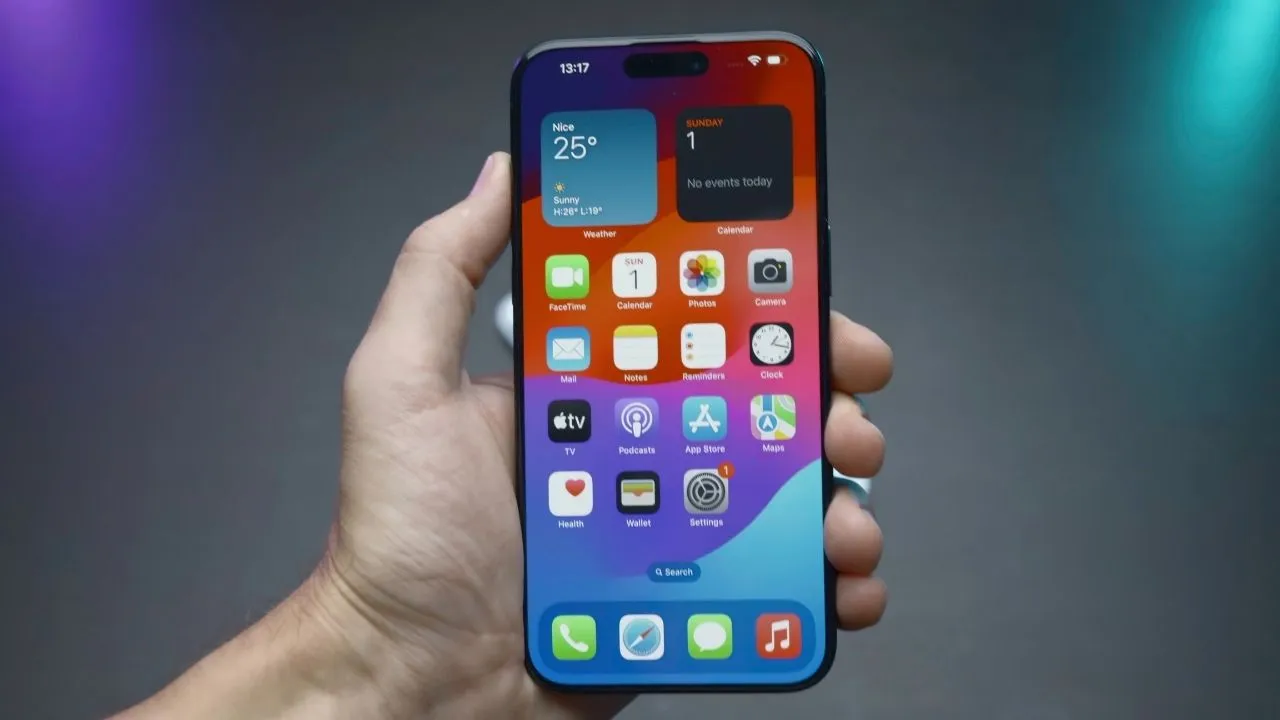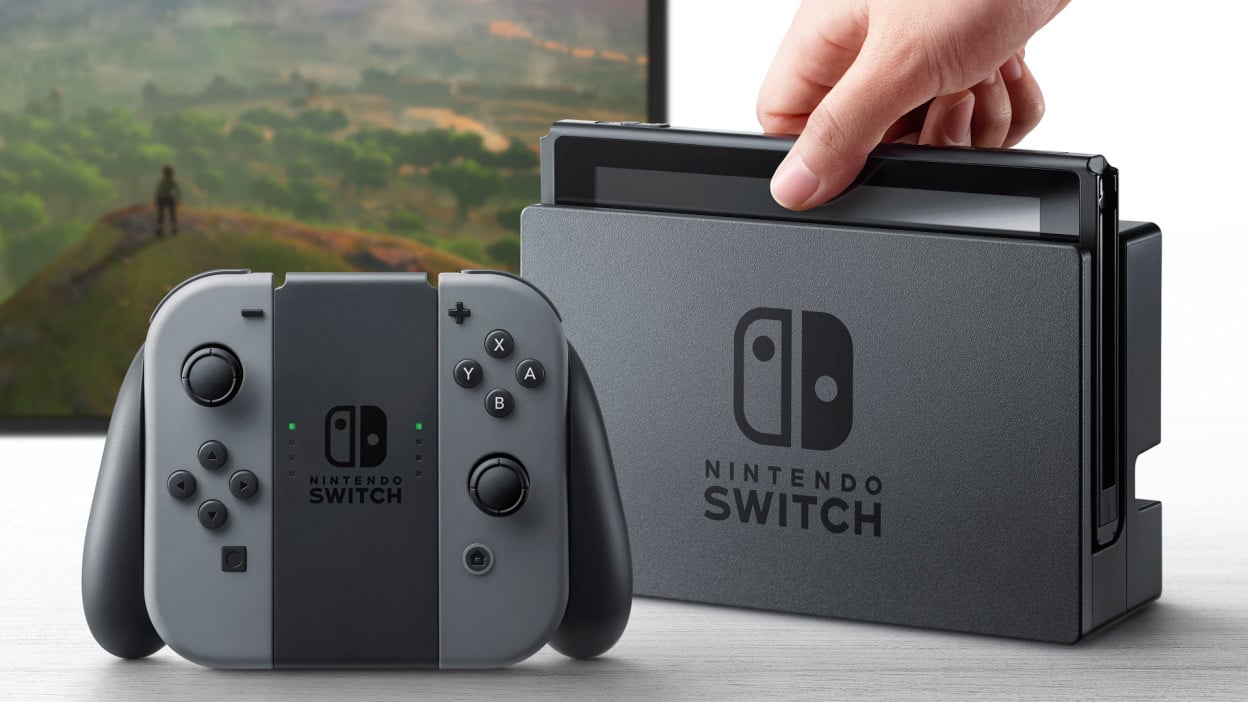Microsoft’s strategic move to integrate ChatGPT into Bing has sparked a significant user base expansion, signaling a pivotal moment for advertisers to re-evaluate their digital marketing strategies. This integration has not only enhanced Bing’s functionality but has also positioned it as a formidable competitor in the search engine landscape, traditionally dominated by Google.
Key Highlights:
- Bing’s daily active users have dramatically increased, thanks to ChatGPT integration.
- The integration offers a more conversational and up-to-date search experience.
- Microsoft’s Edge browser also received updates to incorporate new AI features.
- The surge in Bing’s usage could reshape online advertising dynamics.
A New Era for Bing and Digital Advertising
The Rise of Bing with ChatGPT
Microsoft’s integration of OpenAI’s GPT-4 model into Bing has marked a new chapter for the search engine, aiming to redefine the search experience by making it more conversational and aligned with current events. This move, as part of a broader initiative to enhance Bing and the Edge browser with AI capabilities, has significantly increased Bing’s daily active users, signaling a new day for search and competition with Google.
Implications for Advertisers
With Bing’s user base growing rapidly, advertisers need to consider the evolving search landscape. The integration of ChatGPT into Bing not only enhances user engagement through more relevant and conversational search results but also opens new avenues for advertising strategies. Bing’s AI-driven approach to search queries, especially for more complex or subjective questions, can provide advertisers with unique opportunities to target their audiences more effectively.
Technological Advancements and Market Dynamics
The technological underpinnings of Bing’s transformation—leveraging the GPT-4 model—offer a glimpse into the future of internet search, where AI plays a central role in delivering up-to-date and conversational user experiences. This shift is not just about improving search results but also about changing how users interact with the web, potentially leading to a significant shift in online traffic patterns and engagement metrics critical for advertisers.
ChatGPT’s Rapid Growth: A Catalyst for Change
The integration of ChatGPT into Bing comes at a time when ChatGPT itself has experienced unprecedented growth, becoming the fastest-growing consumer application in history with over 100 million monthly active users within two months of its launch. This rapid adoption underscores the growing public interest in AI-powered tools and platforms, further highlighting the importance for advertisers to adapt to these new technologies and user behaviors.
Enhancing User Experience through AI
The integration of ChatGPT into Bing has revolutionized user experience by making searches more interactive and conversational. Unlike traditional search engines that primarily focus on delivering links, the new Bing aims to understand the context and intent behind queries, providing responses that feel more like a dialogue than a list of search results. This advancement in search technology not only improves user satisfaction but also sets a new standard for how information is queried and consumed online.
The integration of ChatGPT into Bing represents a significant milestone in the evolution of search technologies and their implications for digital marketing. As Bing’s user base expands and the capabilities of AI-driven search become more sophisticated, advertisers are presented with new challenges and opportunities. The shift towards more conversational and relevant search experiences, underpinned by advanced AI models like GPT-4, suggests a future where search engines play an even more integral role in shaping online advertising strategies. Advertisers must remain agile, leveraging these new technologies to connect with their audiences in more meaningful ways.

